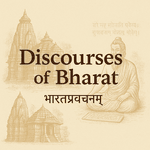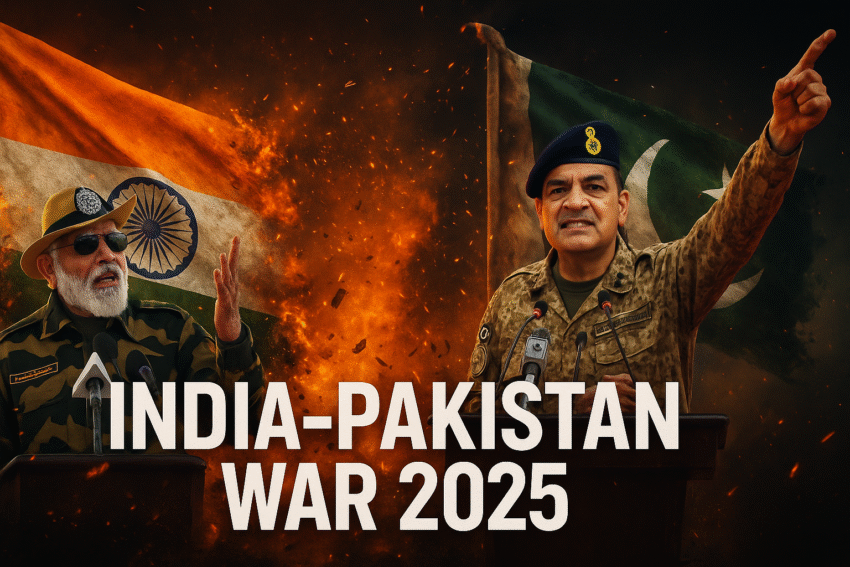Table of Contents
Why India Won’t Attack Pakistan – Strategic, Economic & Political Dimensions
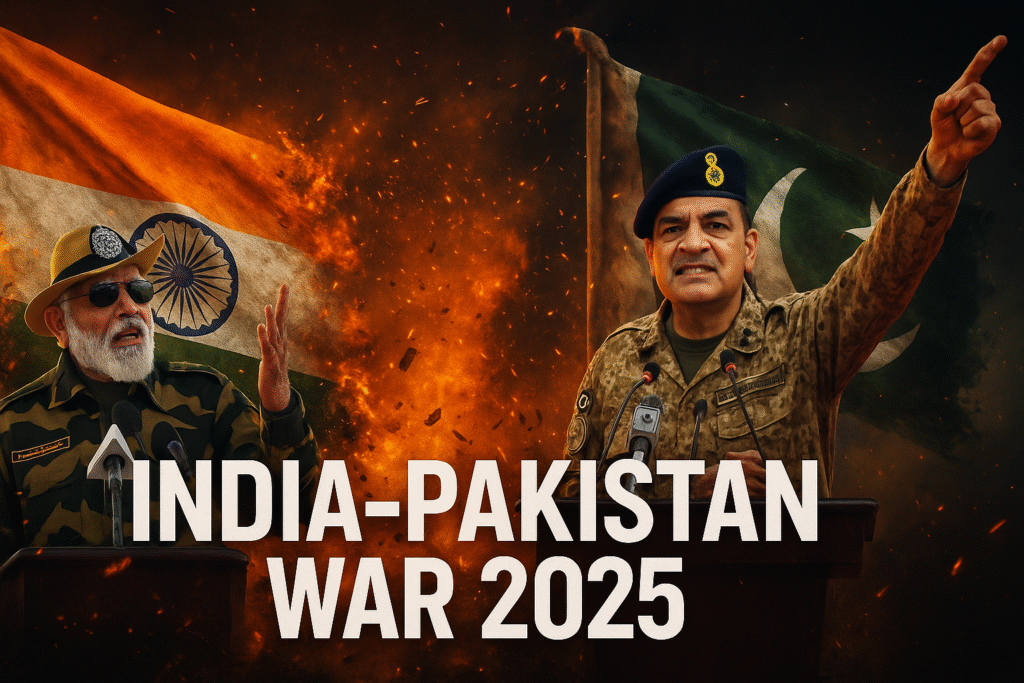
Bharat, that is, India, is a country home to a civilization that has always believed in preserving peace and spreading happiness worldwide. Above all, the traditional Sanatan (Hinduism) Sanskriti has taught all rulers of Bharat never to invade another country for the sake of power or to demonstrate strength. So that already becomes an ideological barrier in India Pakistan war 2025.
War for Bharat has always been the last option. However, sadly, Bharat shares borders with two nations that are either at war with India or contribute to regional instability. China is known for its aggressive communist tactics, claiming vast ocean territories at will and forcefully denying Taiwan’s existence on the global stage. The China-India War is a clear example of this aggression.
Pakistan, however, poses a worse challenge. Pakistani officials have recently admitted to training and exporting terrorism to various Asian countries and beyond. Despite this, Pakistan has received consistent support from the West in the form of billions of dollars in aid and military assistance, both in equipment and finance.
Will India ever declare open war on Pakistan?
Why India won’t attack Pakistan? Will India ever declare open war on Pakistan? The short answer is no. If you expect the Modi government to act like Israel or Russia, understand that such a scenario is not feasible, even at the peak of India’s leadership and economic progress. There are numerous reasons the Indo-Pak war scenario won’t initiate a full-scale war, and we must understand where Bharat stands.
1. Nuclear Threat
Pakistan’s military mindset is not unlike that of North Korea. Its ministers and generals have openly stated that if India ever makes them feel that their existence is threatened, they will not hesitate to use nuclear weapons. Once nuclear war begins, it becomes a global threat. The casualties on both sides could be massive.
2. International Pressure
We’ve all witnessed what happened to Russia and Israel on international platforms. They faced boycotts from global events like the Olympics, international condemnation, sanctions, and global corporate withdrawal.
During Operation Sindoor, when India destroyed multiple Pakistani air bases, Pakistan quickly requested a ceasefire. Just 24 hours before that, the U.S. Vice President had stated that the United States would not interfere in the conflict. But once India dealt heavy damage to Pakistani forces, the tone shifted, and the international community pressured India to hold back.
China, which has major stakes in the China-Pakistan Economic Corridor (CPEC) that runs through POK, would likely intervene. They may pressurize India along the LAC and attempt simultaneous incursions, as they have in the past.
3. Defensive Doctrine & Strategic Patience
India has always maintained a defensive military posture. Since the Modi government took office, the policy has shifted toward strategic retaliation. However, Bharat still adheres to its long-standing doctrine of not initiating conflict. Retaliation? Yes. First strike? Never.
4. Economic Considerations
War is extremely expensive. Russia was able to engage in full-scale war with Ukraine because it is largely self-sufficient in arms and defense manufacturing. India, while making rapid progress under the “Make in India” initiative, is still dependent on foreign technology.
HAL, for instance, is struggling to meet the Indian Air Force’s demand for Tejas fighter jets. Tejas is still a 4.5 generation jet, while China is already developing sixth-gen and soon seventh-gen aircraft.
India’s economy, too, is heavily reliant on foreign investment, from the West and even from China. A war would crash the markets, cause foreign investors to flee, and potentially trigger a major GDP drop. This economic instability could have severe internal consequences.
5. Casualties and Public Sentiment
You may recall that even after India successfully destroyed Pakistani camps and air bases, there were voices within India urging peace. Some even quoted Gandhi and Buddha to justify nonviolence.
India has a large section of its population that is highly sensitive to the idea of war. Many won’t tolerate even symbolic disrespect to Pakistan’s flag. So, imagine the internal friction if a full India Pakistan war 2025 is initiated.
Furthermore, the government prioritizes the lives of its soldiers. While nationalist sentiments run strong, India values its armed forces and will only commit to war when necessary.
6. China Factor
China’s CPEC runs through POK—a region India will likely try to reclaim during any major war with Pakistan. To protect its investments, China may open a second front along the Indo-China border, as seen in 1962 and 2020.
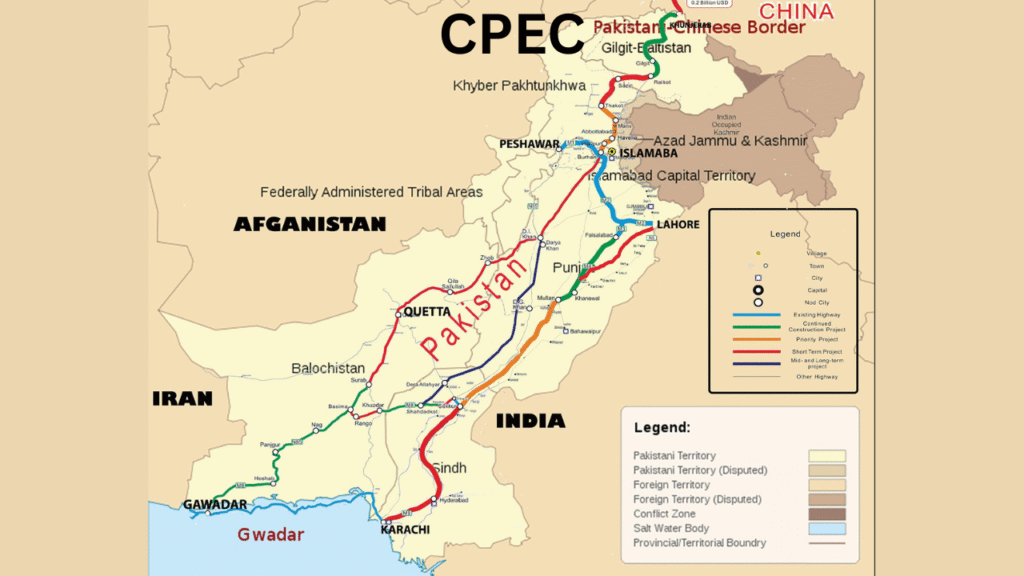
India would then face a two-front war. Though India is capable, such a scenario is undesirable and highly risky.
What if India DOES go to war?
Let’s say Bharat overcomes all these hurdles and initiates a full-scale India Pakistan war 2025. What would the outcome be?
1. Military Superiority
India vs Pakistan military comparison: India has an edge in manpower, equipment, and technological capabilities. The Indian Air Force and Navy are significantly stronger than their Pakistani counterparts.
During Operation Sindoor, Indian drones and jets penetrated Pakistani defenses with ease, destroying key military installations with near-perfect precision.
2. Nuclear Risk
Pakistani leaders have threatened nuclear retaliation against major Indian cities like Delhi and Mumbai if Lahore or Karachi were targeted. It’s not just rhetoric—Pakistan might act on it.
Any nuclear action by Pakistan would force India to retaliate, leading to catastrophic consequences on both sides.
3. Human Casualties
Casualty estimates range from 100,000 to over 3 million, depending on war duration and nuclear involvement. Millions may be displaced and become refugees.
4. Global Isolation
Just like Russia and Israel, India could face sanctions, diplomatic isolation, and withdrawal of international business support. Even allies may distance themselves.
5. Unity vs. Division
Initially, India would likely unite. But as the war progresses and casualties mount, internal divisions would emerge. Opposition parties, media houses, and civil society may blame the government. Public sentiment could shift rapidly.
6. Modi Government’s Fate
If the war ends quickly and India reclaims POK with minimal casualties, Modi would be seen as a national hero. BJP’s dominance would be cemented.
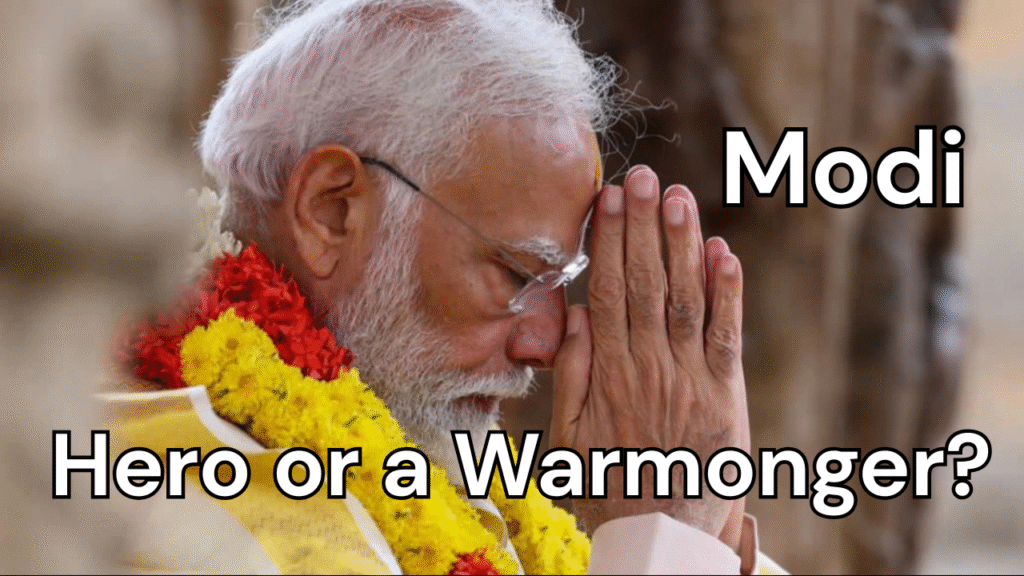
However, if the war drags on or involves nuclear exchanges, public backlash could end the Modi era. Accusations of warmongering could result in major political shifts.
Conclusion
India Pakistan war 2025: India will not initiate a full-scale war with Pakistan, not because it lacks the power, but because the consequences are too severe.
Global isolation, economic collapse, internal division, and massive loss of life are outcomes Bharat cannot afford unless it is left with absolutely no other choice.
However, if war is ever forced upon Bharat, India will respond with unmatched strength and resolve. Pakistan may seek international mediation to avoid complete collapse, as it did after Operation Sindoor. But in no scenario would Pakistan be victorious in a conventional war.
India’s focus remains on strategic diplomacy, economic growth, and internal development. The goal is not just to win wars, but to prevent them.
